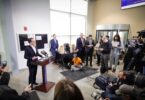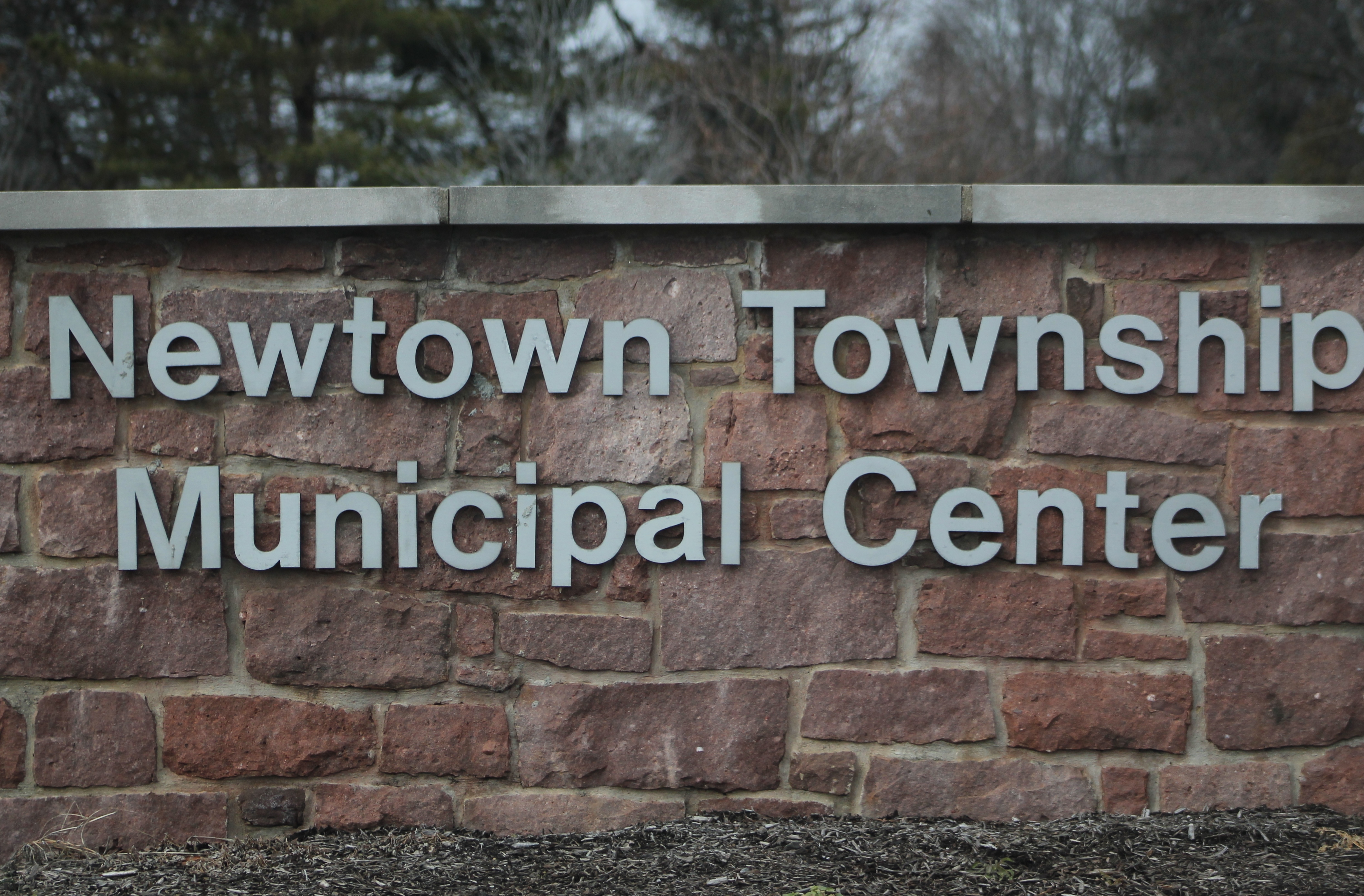By Angela Couloumbis | Spotlight PA

Gov. Tom Wolf on Monday ordered that schools remain closed until early April and issued a stay-at-home order for the seven counties that have been hardest hit by the coronavirus.
During a mid-day briefing, Wolf said all schools will remain closed until at least April 6. He said his stay-at-home order, which takes effect at 8 p.m. and lasts for two weeks, applies to Philadelphia and its suburbs, as well as to Monroe and Allegheny Counties.
“Don’t leave your home unless someone’s life depends on your leaving,” Wolf said. “Because ultimately, someone’s life does depend on you staying home. This virus is sneaky. You get it before you know you have it.”
The governor’s directive took the fight against the coronavirus to a new level in Pennsylvania. It requires residents to remain inside except for essential trips such as buying food or seeking medical help. Wolf said the focus, at least in the short term, will be on making sure residents are aware of the order rather than enforcing it.
The stay-at-home order will apply to Philadelphia, Bucks, Chester, Delaware, and Montgomery Counties in the southeast, Monroe County in the northeast, and Allegheny County in Western Pennsylvania. Wolf said he does not yet believe the order needs to be extended to all 67 counties.
“We want to take a measured approach to this epidemic — we don’t want to do less than we need to do, but we also don’t want to do more,” he said. “I think in targeting the counties we’ve targeted, we are taking that measured approach and focusing on the areas that really need it. If we are successful in this, then we won’t have to spread this to the rest of the state.”
Later in the day Monday, the administration said that under the governor’s new order, residents in the impacted counties can leave the house to buy medicine, visit a doctor, or get supplies from work. They can also go out to get groceries for themselves, family members, or as a volunteer effort; take a walk, hike, or run, as long as they practice social distancing; or care for family members or pets in another household. They can also visit beer distributors, laundromats, gas stations, and restaurants to get take-out orders.
Also permitted is travel to care for seniors and people with disabilities. Travel to or from schools or other educational institutions to obtain meals or pick up materials for distance learning is also allowed.
Last week, Wolf imposed statewide restrictions on businesses, ordering all but those providing “life-sustaining” goods or services to shut down their physical operations. That order is in effect indefinitely, and Wolf has said that businesses that do not comply can be cited and fined.
Though state government offices are operating, all but essential employees are working from home. State parks and forests remain open, but facilities there are closed to the public until at least April 30. That includes campgrounds, cabins, and all overnight accommodations. Anyone who had made reservations in that time period will receive full refunds, according to the Department of Conservation and Natural Resources.
On Monday, health officials reported 165 new cases of COVID-19, bringing the statewide total to 644 people in 34 counties. Six people have died.
Montgomery County tops the list statewide, with 129 cases. Philadelphia has 128, Bucks County has 43, Delaware County has 54, and Chester County has 40. Allegheny County has 48 and Monroe County has reported 43 cases.
Wolf has signaled that disruptions to daily life will continue unless the rate of the virus’ spread slows.
“We will know when we are successful when we bend the curve and [the virus] stops doing what it’s been doing for the last couple of weeks, and that is going up at an exponential rate,” he said. “The metric right now is how fast is this rising. And to the extent that it’s rising 100% every two days, we are not yet at the point where we can say, we’ve made some progress here.”
Wolf’s order came a day after Philadelphia Mayor Jim Kenney issued a similar order for the city’s 1.6 million residents.
In Philadelphia, all public and private gatherings of any number of people that occur outside a single household are banned, except for limited exceptions outlined in Kenney’s order. The work of designated “essential businesses” and “essential personnel” continues as before.
People in the city can leave homes to care for family members, friends, or pets in another household, to deliver essential goods, and to report to a job that’s related to an essential business.
Philadelphia Inquirer staff writer Justine McDaniel contributed to this article.
100% ESSENTIAL: Spotlight PA provides its journalism at no cost to newsrooms across the state as a public good to keep our communities informed and thriving. If you value this service, please give a gift today at spotlightpa.org/donate.








